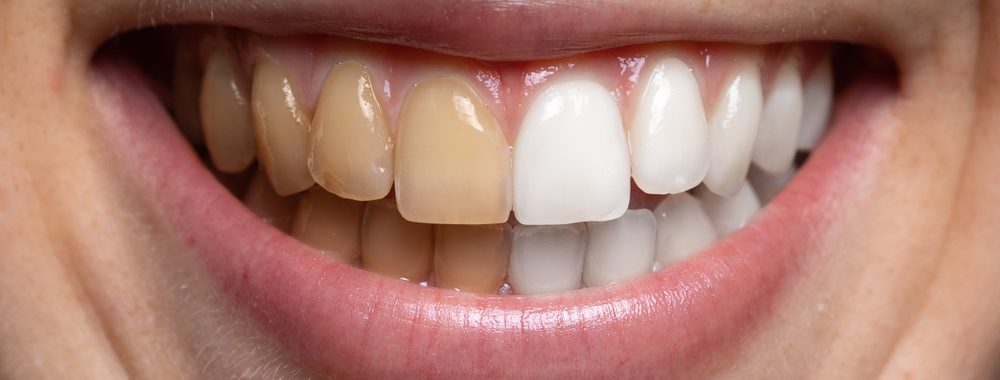Teeth Situation from Dental Newington
For the past few generations we have most believed that we lose our teeth as we inevitably grow old. It was not widely known that people from earlier centuries mostly kept their teeth into their old age. This was because centuries ago they had a reasonably healthy diet with very minimal sugar. This type of diet is difficult today; we have sugar and processed food on a regular basis. But this does not mean we have to resign ourselves to bad teeth. With good care we can keep our teeth in good condition well into our retirement.
Each year many people lose some or all of their teeth to preventable conditions. This is quite unnecessary. Good practice would go a long way to preventing this. But even those people who know what to do often neglect to look after their teeth.
– 20% of people don’t brush twice a day.
– 75% of people don’t floss daily.
– Most children drink carbonated soft drinks weekly, often daily.
– Half of all adults consume too much sugar. Children are often worse.
– Two thirds of people only go to the dentist when there is a dental problem.
– Only 27 % of people have regular dentist appointments.
Teeth Advice from Dental Newington
Most dental advice is straightforward, it is just that people are negligent. And despite what we might think we cannot miss a nights brushing and try to make up for it latter on.
– Brush daily with Fluoride Toothpaste – Do this for two minutes. Press lightly, but cover every part of every tooth. – – The brushing action removes plaque and food debris. The toothpaste helps kill bad bacteria. We need both the brushing action and the toothpaste.
– Use a soft bristle toothbrush, as this causes less abrasion of tooth enamel.
– Replace the toothbrush every 3 months or at the first sign of wear.
– Small head toothbrushes seem to be better at reaching the back teeth.
– Electric toothbrushes seem to be effective, and people often like using electric toothbrushes.
Brushing Technique
1- Apply a pea sized amount of toothpaste to the brush.
2- Start at the back of the mouth, with the bristles touching the gum line.
3- Hold the brush at a 45-degree angle, and brush back and forth.
4- Move the brush to clean the outer tooth surface, inner surface and top of all teeth.
5- Don’t rinse. Let the toothpaste stay on the teeth for 30 minutes, as the fluoride helps harden the tooth enamel and fight bad bacteria.
6- Brush your tongue if it looks coated. This is often a cause of bad breath.
Floss –
30% of the tooth surface is between the teeth. We need to clean this lest we suffer decay and gum disease.
It is best to floss either after brushing or after using mouthwash. This is because flossing can cause gums to bleed. If there is bacteria in the mouth it can enter our bodies where the gums are bleeding. But if we use toothpaste or mouthwash first we kill 99% of the bacteria.
Diet –
A toothbrush gets rid of most of the sugar in our mouth, but not all of the sugar in our bodies. We need to keep sugar in our diet to a minimum if we are to have health teeth and gums. This is difficult as there is sugar in most processed foods and drinks.
Drink water whenever possible. This keep the mouth clean and goes a long way to reducing dental problems.
Dental Newington
Good habits and regular dental appointments will keep teeth in the best condition possible. We can have good teeth even in old age.










